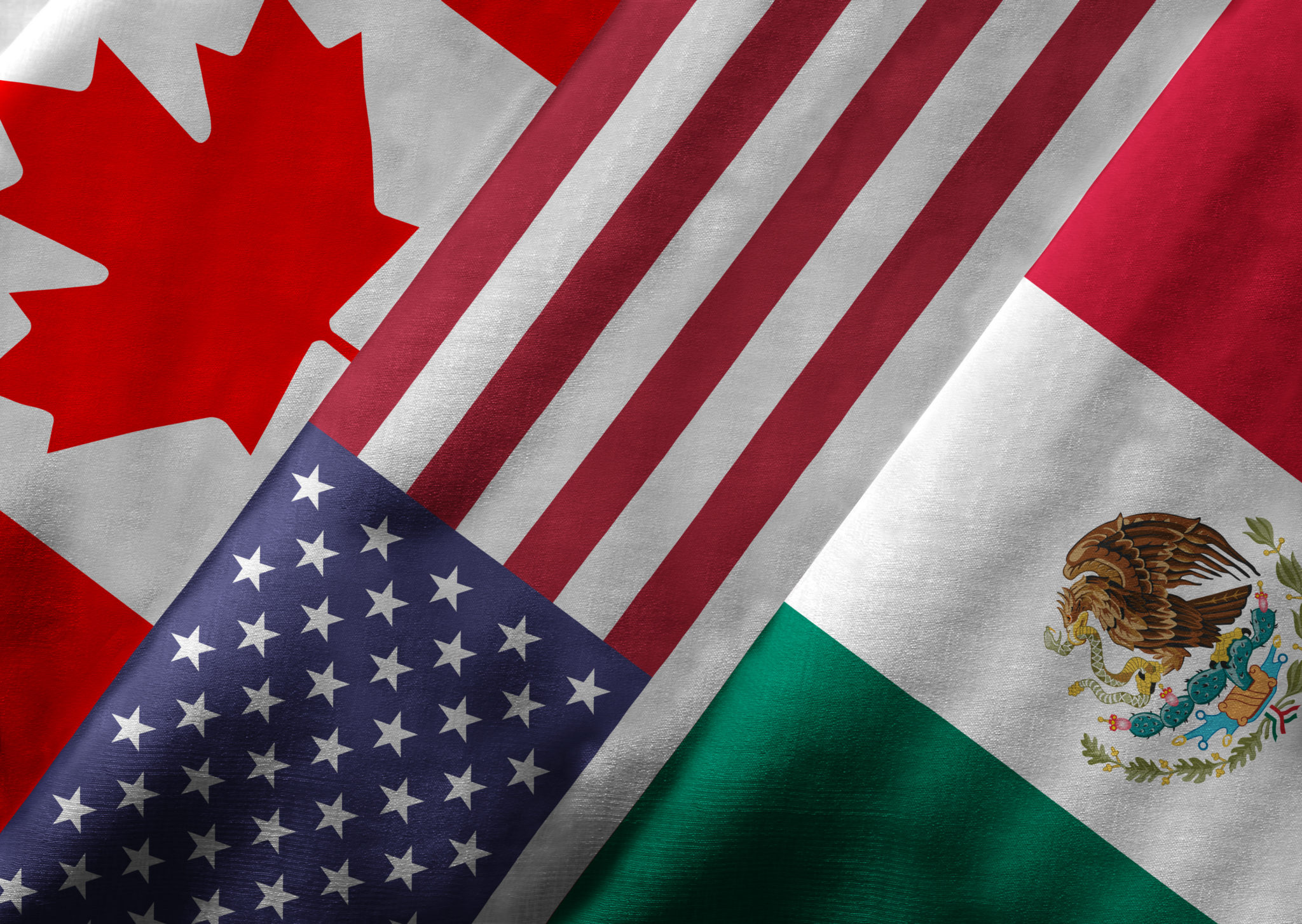U.S. Seeks a New Start to Talks on Global Cybersecurity Practices

Cyberscoop.com reports that at the recent United Nations (U.N.) session, White House officials gauged interest in restarting talks on global cybersecurity norms. Such negotiations crumbled in 2017 because of acrimony among certain countries, reportedly due to disagreements between Washington and Moscow and others over the right to self-defense in cyberspace.
In a recent meeting with agents from some 20 U.N. countries, U.S. Deputy Secretary of State John J. Sullivan encouraged renewing the conversation at the U.N. Group of Governmental Experts (GGE), according to a U.S. State Department statement.
“[N]onbinding norms of responsible behavior during peacetime provides important guidance to states, and we’re looking to develop those,” Sullivan said. “There must be consequences for states that act contrary to this framework. Today I called on like-minded partners to join the United States to work together to hold states accountable for their malicious cyber activity.”
In 2015, 20 U.N. nations – including Russia and China – signed a similar agreement at the U.N. GGE. That agreement says a country shouldn’t carry out cyberattacks that intentionally damage another country’s critical infrastructure.
In July, Robert Strayer, the U.S. State Department’s top cybersecurity official, told CyberScoop he was “optimistic” a new multilateral deal on norms could be reached because past agreements included the major players. “All of those successful, consensus-based documents required that the U.S., China, and Russia came to
About the Author
Latest articles
 Information Governance2018.12.07Information Governance Body of Knowledge Published
Information Governance2018.12.07Information Governance Body of Knowledge Published Chapter Resources2018.12.07Association News: Fellows, Britt Literary, Other Winners Named at ARMA Live! 2018
Chapter Resources2018.12.07Association News: Fellows, Britt Literary, Other Winners Named at ARMA Live! 2018 Asia2018.12.07U.S. Seeks a New Start to Talks on Global Cybersecurity Practices
Asia2018.12.07U.S. Seeks a New Start to Talks on Global Cybersecurity Practices Legal2018.12.07Proposed NAFTA Replacement Recognizes Need For Privacy Framework
Legal2018.12.07Proposed NAFTA Replacement Recognizes Need For Privacy Framework